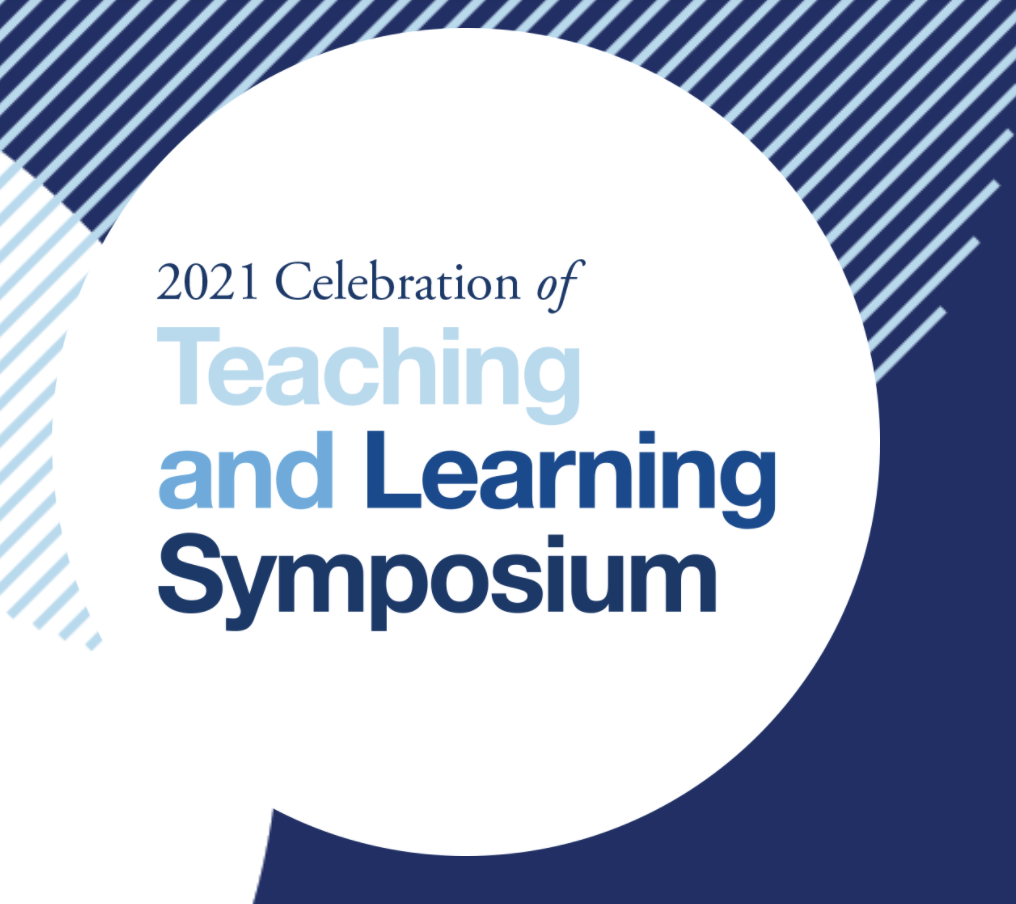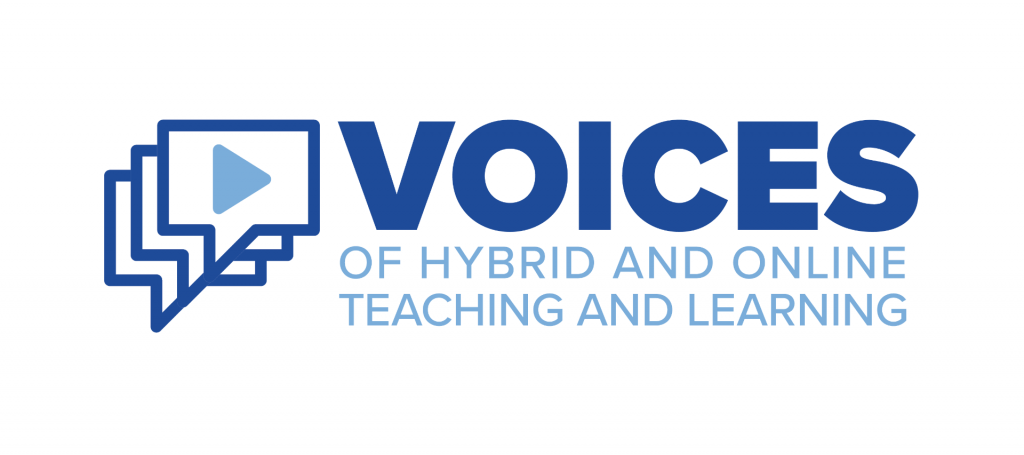This Week for Faculty: Coming Soon: 2021 Celebration of Teaching and Learning Symposium
Coming Soon: 2021 Celebration of Teaching and Learning Symposium
 The Office of the Provost and Center for Teaching and Learning invite the Columbia community to the 2021 Celebration of Teaching and Learning Symposium during the week of March 15th. The Symposium will showcase some of the most imaginative and effective teaching initiatives at Columbia over this past unprecedented year. Registration and details will be announced February 1st.
The Office of the Provost and Center for Teaching and Learning invite the Columbia community to the 2021 Celebration of Teaching and Learning Symposium during the week of March 15th. The Symposium will showcase some of the most imaginative and effective teaching initiatives at Columbia over this past unprecedented year. Registration and details will be announced February 1st.
Join us virtually for live faculty panels, Q&A sessions, and an online gallery of instructor and student stories. Engage with innovative educators, share your insights, and gain inspiration for your own teaching.
What is it like to teach and learn at Columbia in 2020-2021? Hear from a Columbia voice below, and share your own voice. *Voices submissions will be showcased at the 2021 Celebration of Teaching and Learning Symposium*
Tal Lazar, Adjunct Assistant Professor of Film at the School of the Arts, shares the changes he made to adapt a face-to-face Intro to Cinematography course to a fully online course, making explicit his expectations of students, establishing guidelines to facilitate online learning, and adjusting his own expectations of the amount of content that can be meaningfully engaged with during synchronous class sessions.
Inclusive Teaching Offerings
Workshop: Ways to Be More Inclusive In Your Online Course
How do I create an online community in which all students feel a sense of belonging? What can I do to partner with my students on co-creating the learning environment? In this session, we will address these questions by reflecting on our teaching practices and considering five principles of inclusive teaching as they apply online. Participate in conversations with peers, share ideas, and leave with strategies to implement in your course. Register through the link below.
Date and Time: January 19, 3:00 PM–4:00 PM
Resource: Inclusive Teaching and Learning Online
With the shift to online learning, instructors can draw on principles of inclusive teaching to help students feel a sense of belonging, ensure they can access course materials, and support them in achieving learning goals. The following resource provides strategies for inclusive teaching online and is structured around the five principles of inclusive teaching as outlined in the Guide for Inclusive Teaching at Columbia.
Resource: Accessibility in Teaching and Learning
This resource provides instructors with an overview of accessibility in teaching and learning and general “getting started” strategies for making learning resources, tools, experiences, and opportunities accessible to all learners. Creating an accessible learning environment for your students is part of an inclusive practice.
Resources from the Student Perspective
Thoughts and Experiences with Inclusive Teaching and Learning Online: we asked the CTL’s Undergraduate Teaching and Learning Consultants to share with us their thoughts on and experiences with inclusive teaching and learning online.
Remote Teaching and Learning: Three Learners’ Perspectives on Inclusive Teaching: three student consultants reflected on their experiences with online inclusive teaching and learning, and provided questions and suggestions for faculty.
Anti-Racist Pedagogy Offerings
Reading Group: Anti-Racist Pedagogy Theory and Practice
Have you enacted anti-racist practices in your teaching? Are you looking for resources and support for engaging in anti-racist pedagogical theory and practice? Join the CTL and peer instructors committed to learning more about and incorporating anti-racist pedagogy and practice. Each month, participants will engage in a discussion around a shared text, as well as use the time and space to reflect on their own practice and classrooms. Register through the links below:
Dates and Times: January 27, February 24, March 31, and April 21, 10:30 AM–11:45 AM
Resource: Anti-Racist Pedagogy in Action: First Steps
Classrooms serve as microcosms of the larger society, and the resources offered here, while focused on pedagogical practices, support broader commitments to anti-racist actions in higher education. This resource centers on citing the experts in this field, synthesizing their work to encourage further research and, most importantly, amplifying the voices of those who have been doing this work for decades.

